Hardwood floors look stunning, right? But they can be a pain to care for. One slip-up, and you could ruin their shine for good. So, what should you not clean hardwood floors with? We asked ourselves the same question. As floor-care enthusiasts, we did the digging, so you don’t have to spend hours hunting for answers.
In this guide, you’ll see the top seven things to skip if you want your hardwood floors to last. Plus, we’ll share safe alternatives along the way. If you’re looking for natural cleaning options, check out our post on how to clean hardwood floors naturally.
Ready to protect your floors and avoid pricey repairs? Let’s jump in.
Note: 🛒 Some links in this post are affiliate links. As an Amazon Associate, we may earn a small commission—at no extra cost to you!
1️⃣Steam Cleaners: Too Much Moisture
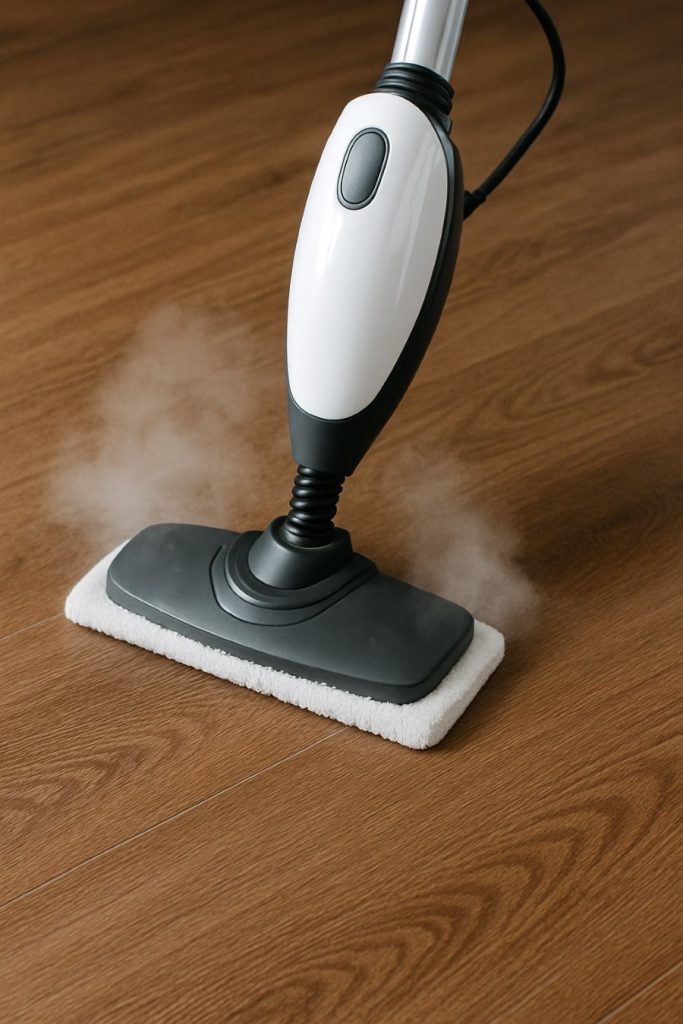
Steam sounds clean, right? But it can quietly wreck your hardwood. Too much heat and moisture seep right into the seams. And that’s a recipe for warped, swollen planks. In fact, excess moisture is one of the top reasons wood floors get damaged, according to the EPA.
Even if your floor has a sealed finish, steam can break that seal over time. Instead, stick with a slightly damp microfiber mop➡. It’s safer and does the job just fine. If you’d like more seasonal cleaning ideas, our hardwood cleaning tips for the Spring season might help you out, too.
2️⃣Magic Erasers: Micro-Abrasive Damage
Magic erasers work great on walls. But on hardwood? Not so much. These pads act like super-fine sandpaper. They look gentle, but they can wear down your floor’s finish and leave dull spots. Over time, you’ll see more scratches and faster wear. If you’re wondering what should you not clean hardwood floors with, magic erasers should stay far away.
Instead, stick with a soft microfiber cloth➡, as mentioned above. It cleans without grinding off your protective coat. This way, your floors stay smooth and shiny. No hidden damage. No costly fixes later.
3️⃣Ammonia-Based Cleaners: Harsh Chemicals
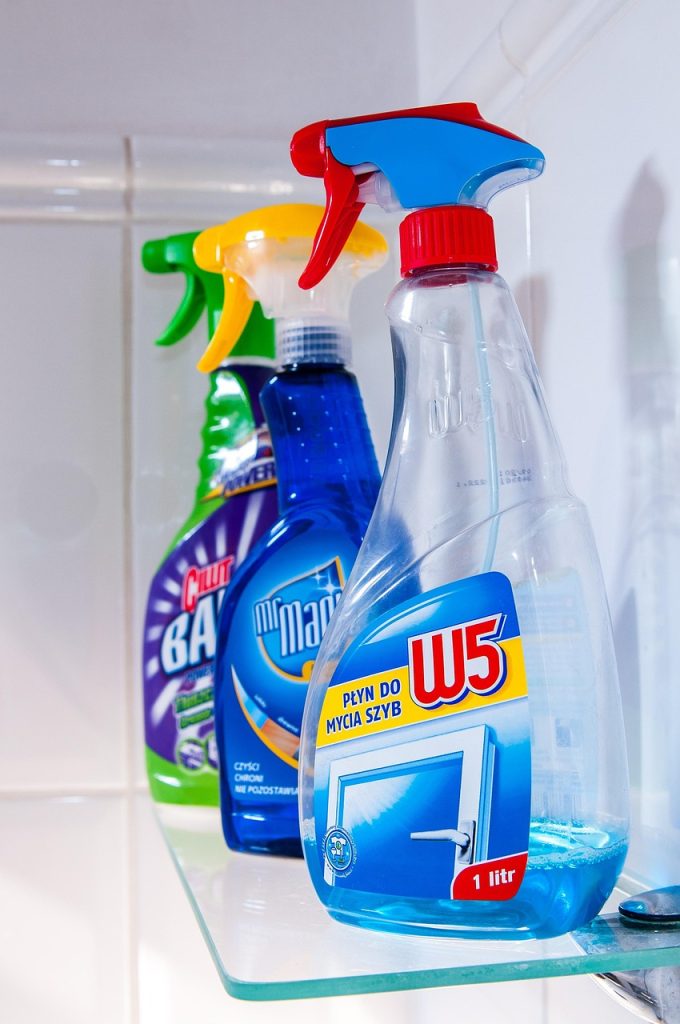
Ammonia is tough on dirt. No doubt about that. But it’s even tougher on your hardwood. These strong chemicals can strip away your floor’s finish, leaving wood exposed and dull. Worse, ammonia can discolor some wood types. Plus, as the EPA says, “Ammonia is an irritant that can affect the eyes, nose, throat, and lungs.“
So, skip ammonia-based cleaners altogether. Instead, reach for a pH-neutral hardwood cleaner➡. It’s gentle yet does the job. Your floors — and your home — will thank you for it.
4️⃣Oil Soaps: Residue Problems
Oil soaps seem perfect for wood, right? They promise shine and nourishment. But on hardwood floors, they leave behind a sticky film. Over time, that buildup traps dirt and makes your floor look cloudy instead of glossy. Worse, it can cause problems when it’s time to refinish. As one pro source warns, cleaning products with oil soap or wax ”will interfere with polyurethane adhering to the hardwood floors“.
A simple, pH‑neutral hardwood cleaner is all you really need. It keeps things clean without the greasy layer. Skip the oil soaps so your floor stays beautiful and ready for any future upgrades.
5️⃣Too Much Water: Warping Risk
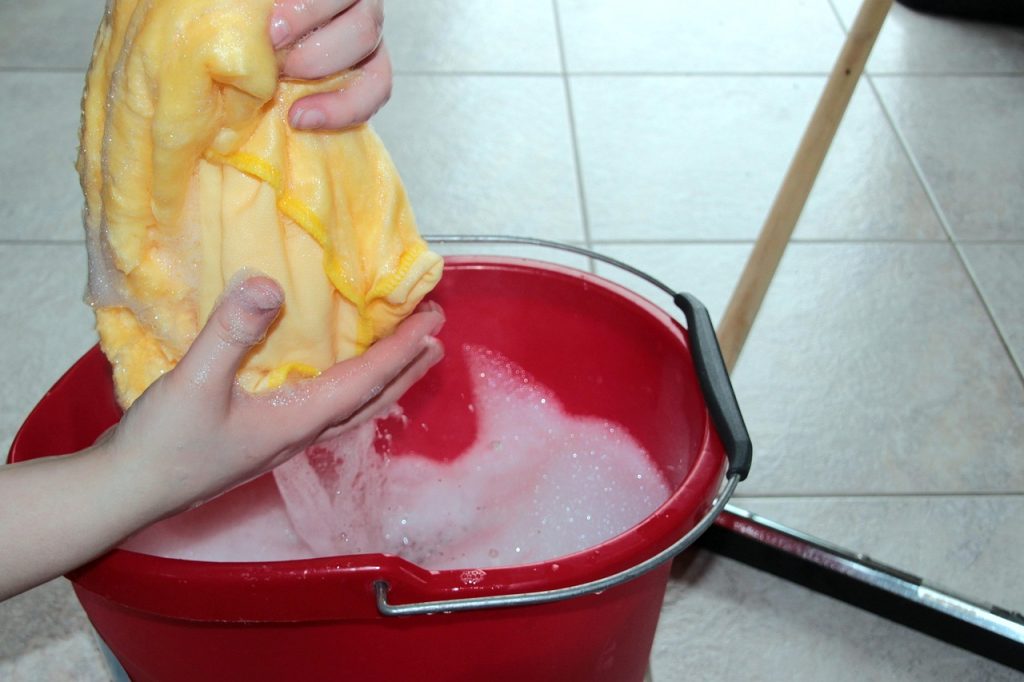
Water sounds harmless, right? But too much of it is hardwood’s worst enemy. When water seeps into cracks, it makes the wood swell, warp, and even split. Repairs can get expensive fast. In fact, water damage is one of the top reasons people replace hardwood floors. If you’re asking what should you not clean hardwood floors with, too much water is high on that list.
Stick to a damp (not soaking) microfiber mop. Wring it out well before using it. That way, you get a clean floor without the hidden water damage. Simple and safe, every time.
6️⃣Bleach or Harsh Disinfectants: Finish Killer
Bleach is powerful, no doubt. But it’s way too strong for hardwood. It can strip away the protective finish and leave raw wood exposed. That means discoloration, weak boards, and even splinters down the line. According to a safer cleaning guide by the City of San Francisco, “concentrated chlorine bleach is also corrosive to many surfaces. Using chlorine bleach regularly on floors… can eat away at floor polish.“
Instead, use a mild, wood-safe cleaner➡. It keeps the floor protected and looking good, without harsh chemicals.
7️⃣Abrasive Scrub Pads: Scratch Alert
It feels satisfying to scrub away grime, right? But don’t do it with rough pads. Those gritty scrubbers can scratch right through your floor’s protective finish and even dig into the wood. Once that coating is gone, water and dirt sneak in, leading to stains and damage.
According to the National Wood Flooring Association, even small scratches can make floors wear out faster. Instead, choose a soft microfiber cloth or a gentle pad. It lifts dirt without cutting into the finish. Trust us — it’ll keep your floors looking shiny for years.
What Should You Not Clean Hardwood Floors With? Final Thoughts✨
Caring for hardwood doesn’t have to feel tricky. Just avoid these seven big mistakes, and you’re good to go. If you ever wonder what should you not clean hardwood floors with, think back to this list. Skip harsh chemicals, steam, too much water, and abrasive tools.
Gentle, pH-neutral cleaners and soft microfiber cloths will always be your best friends. We’re just enthusiasts, but we love sharing what we find so you don’t have to dig for hours. Feel free to explore our other floor-care guides and keep your wood floors looking gorgeous for years to come.
Got your own tip or something you think people should avoid? Drop it in the comments — we’d love to hear from you! 💬✨
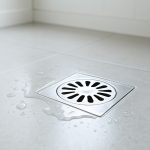

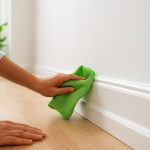
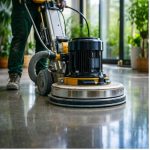
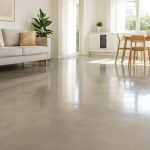
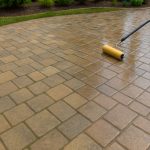

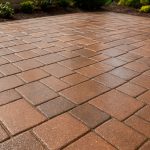
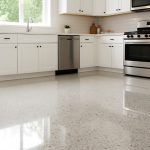
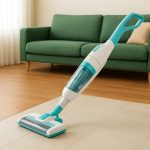
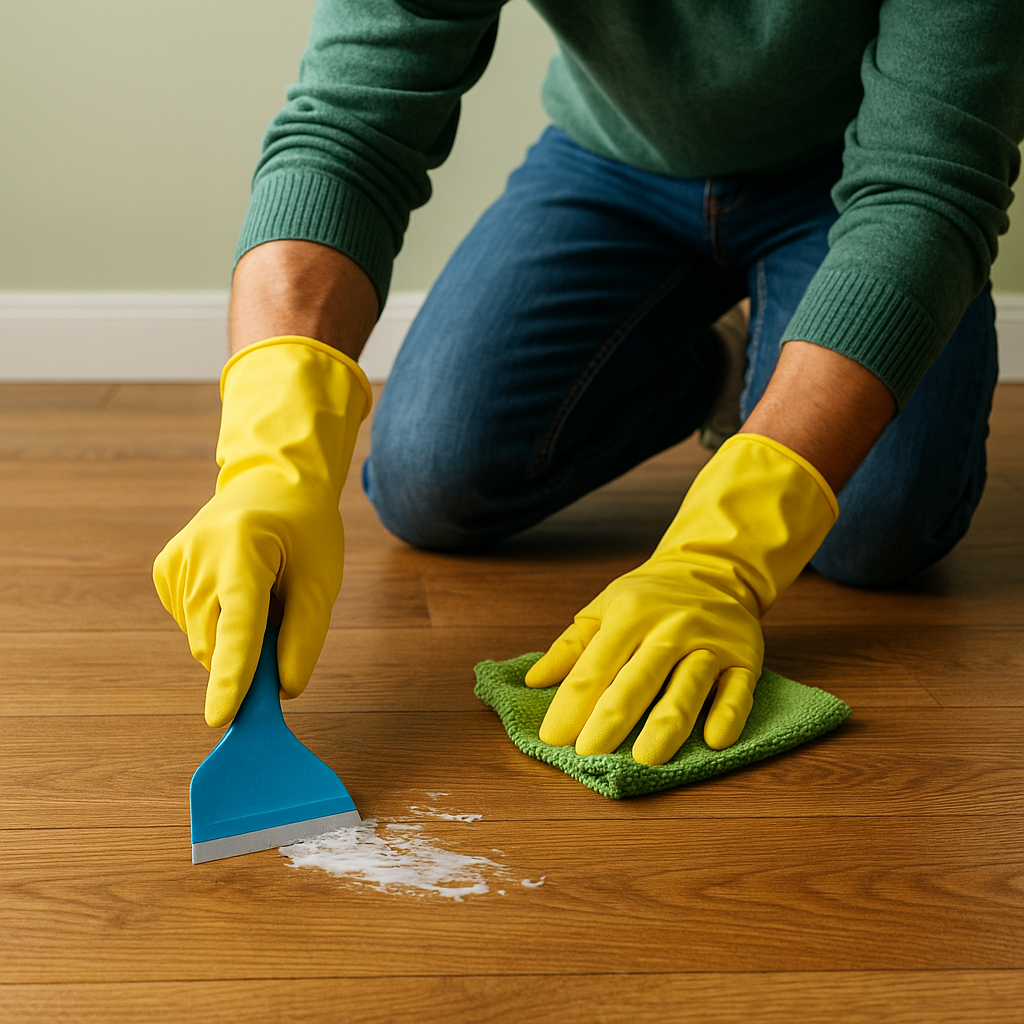
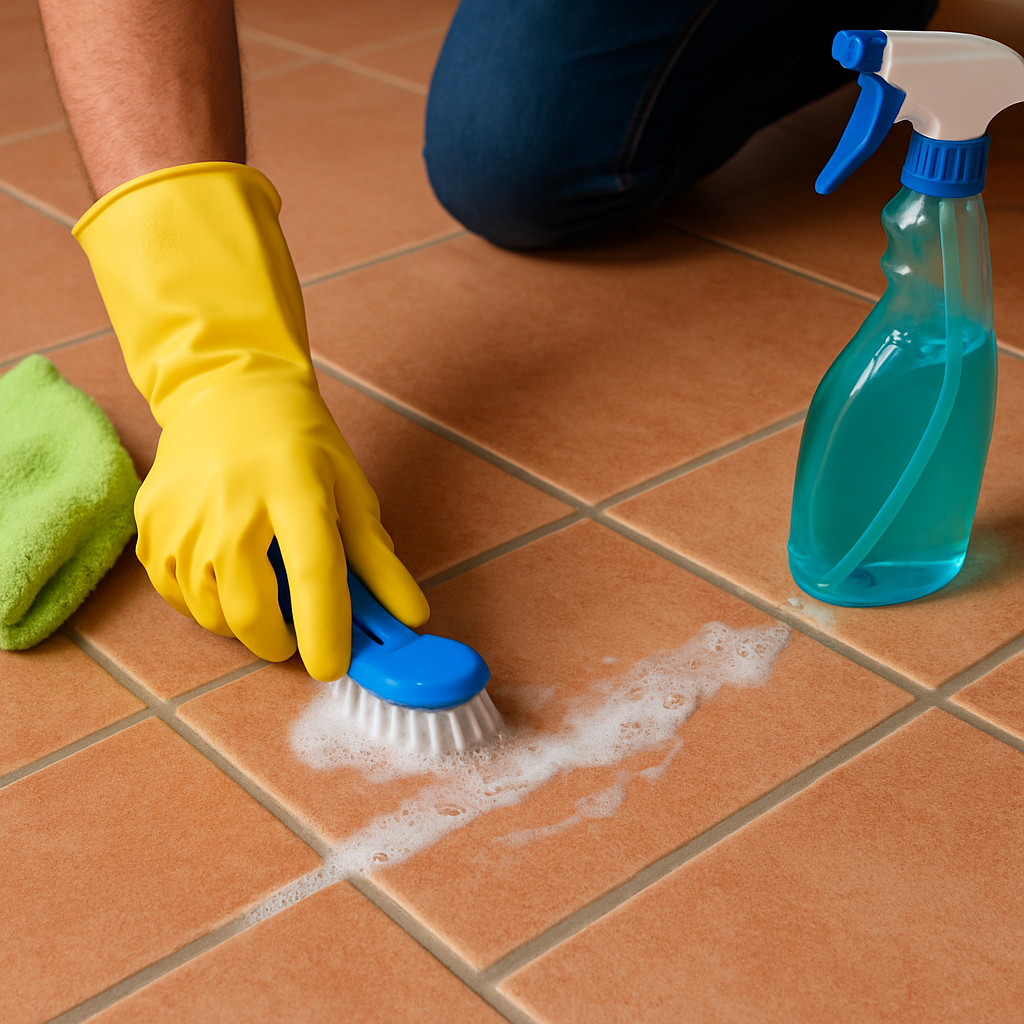
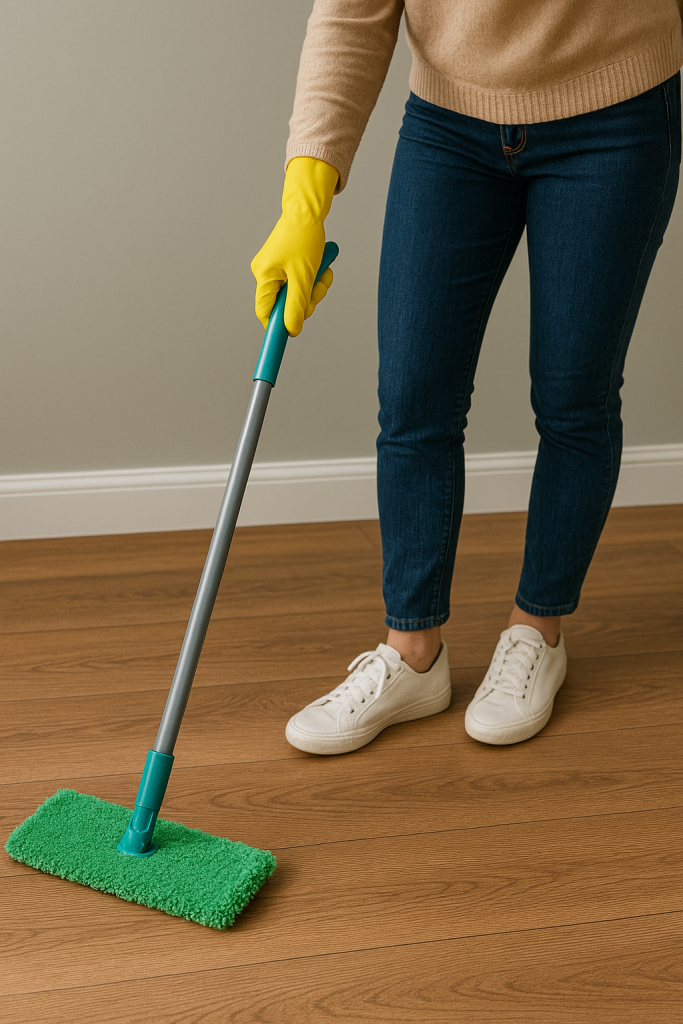
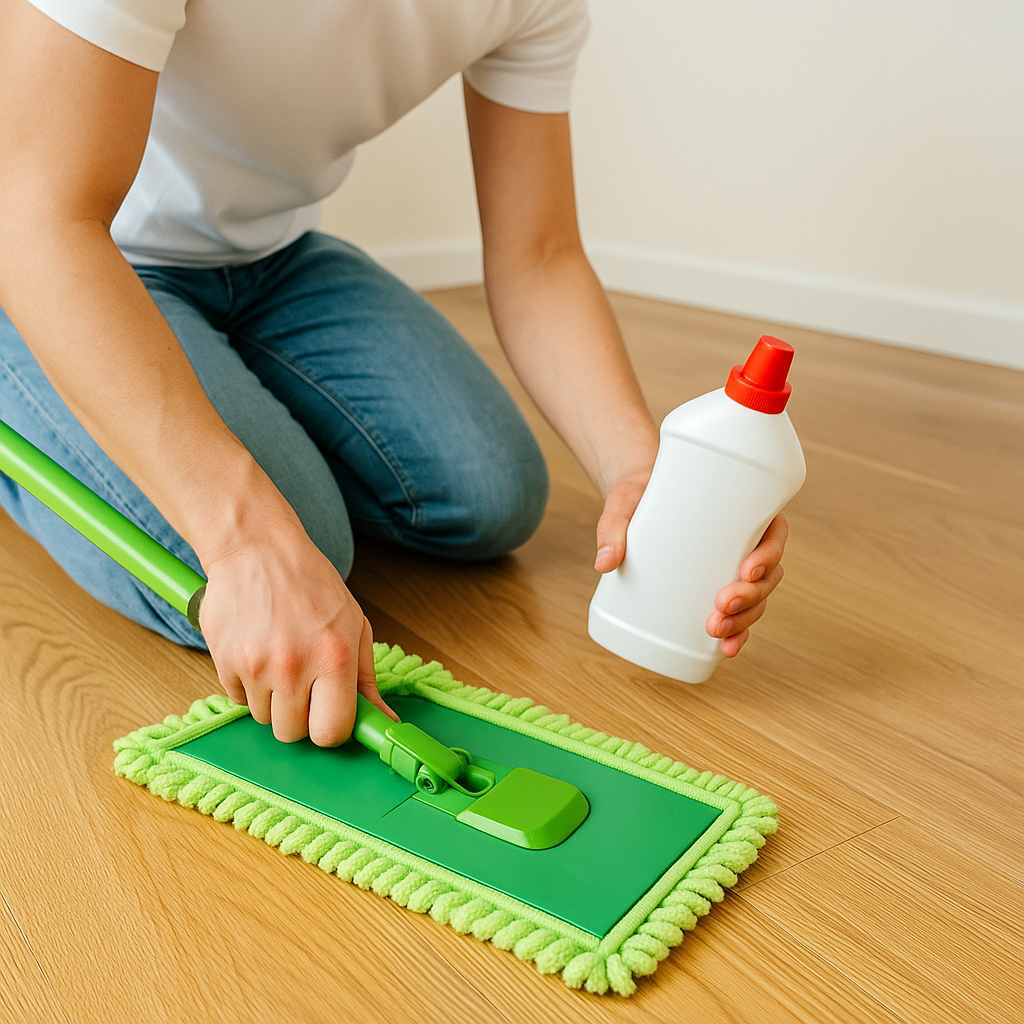
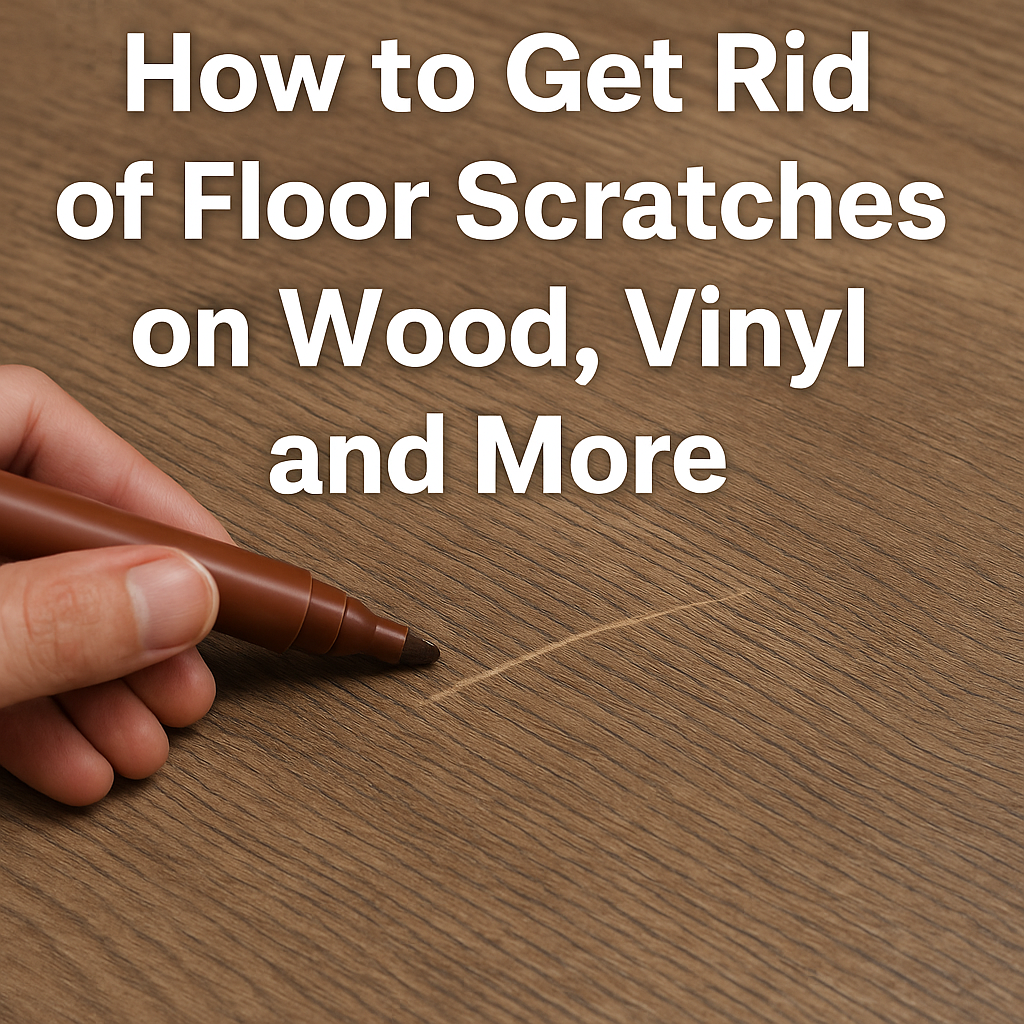
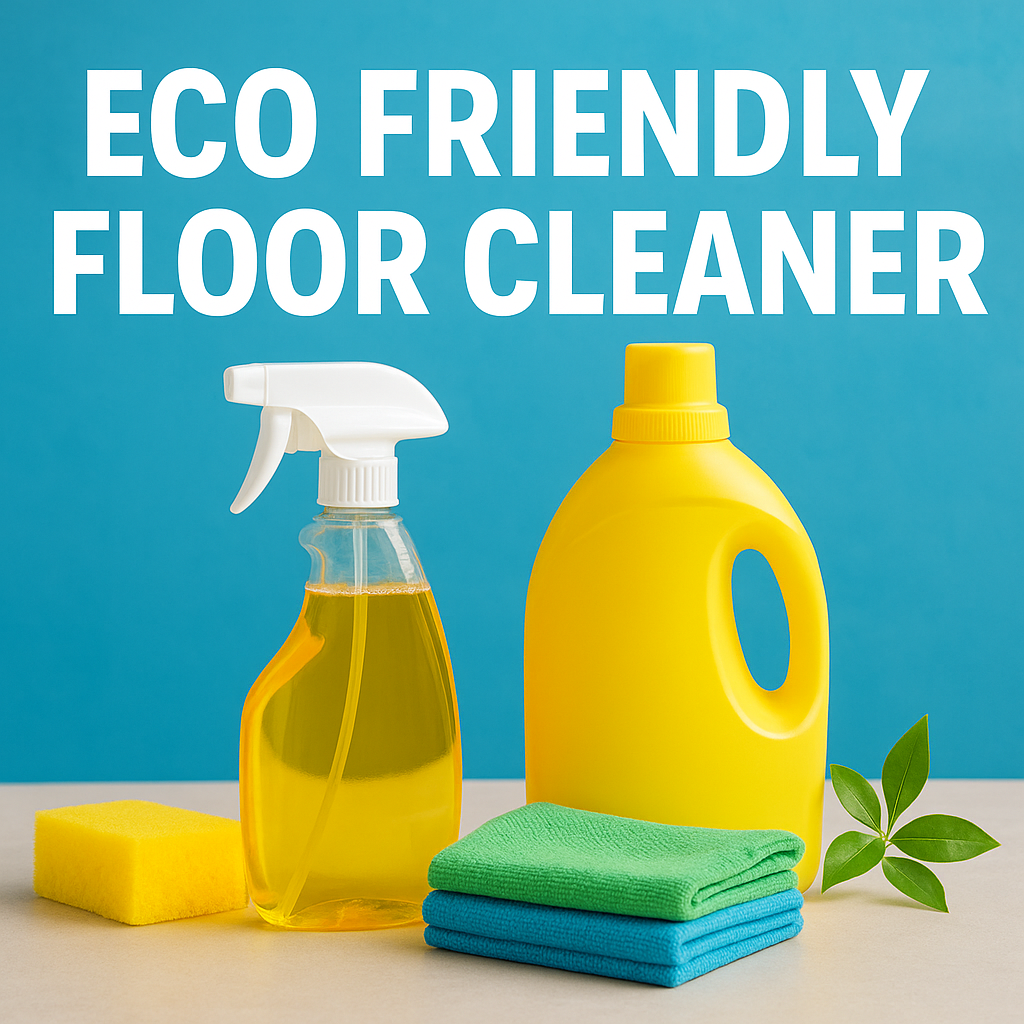
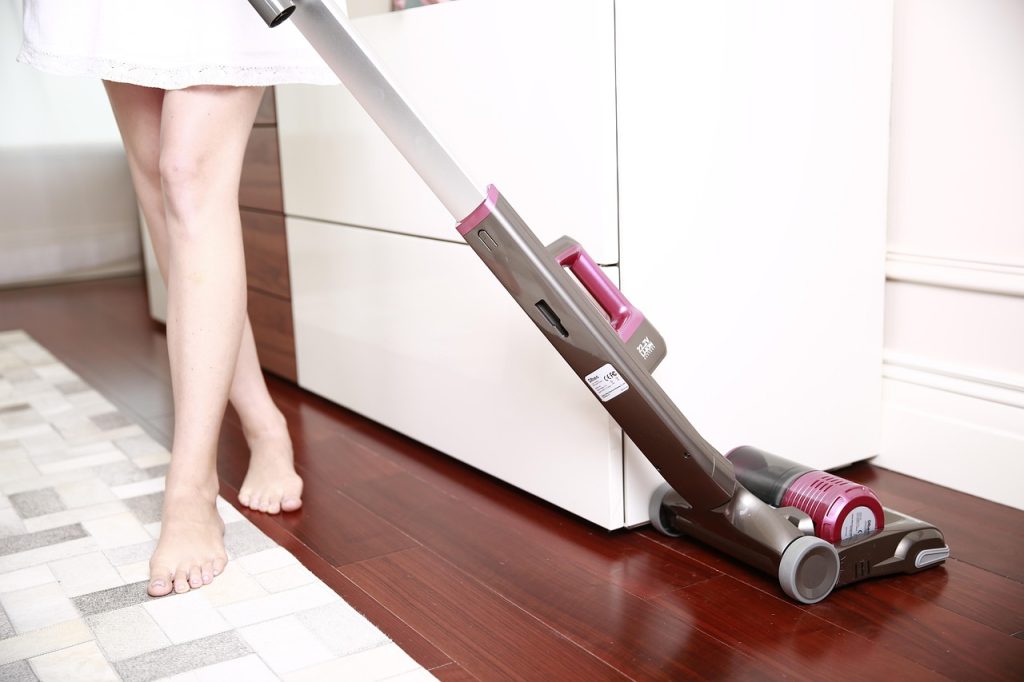
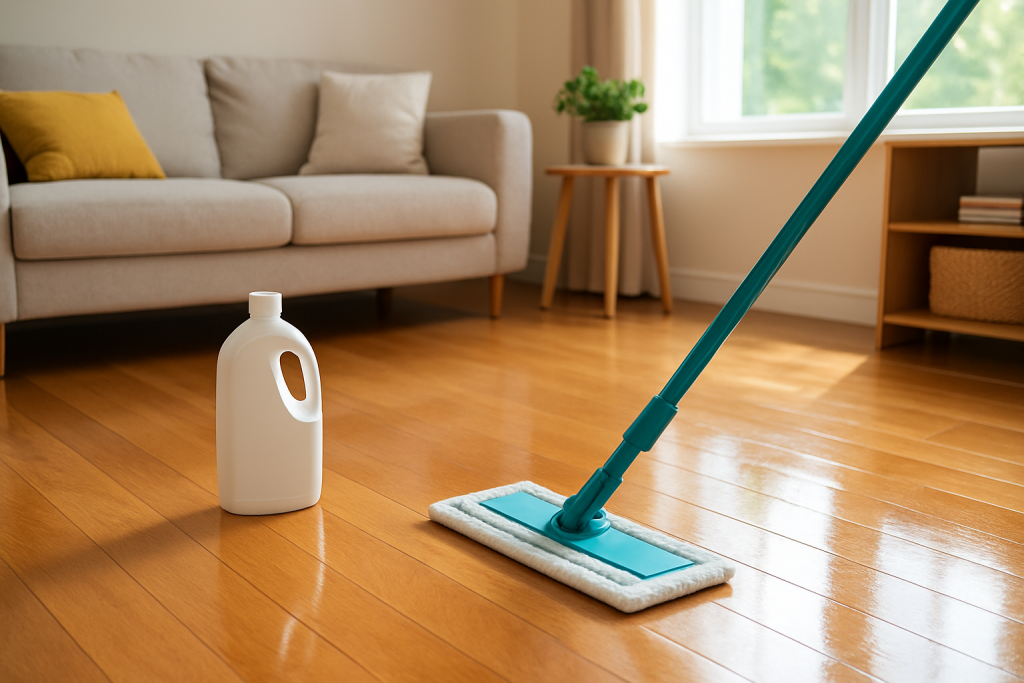
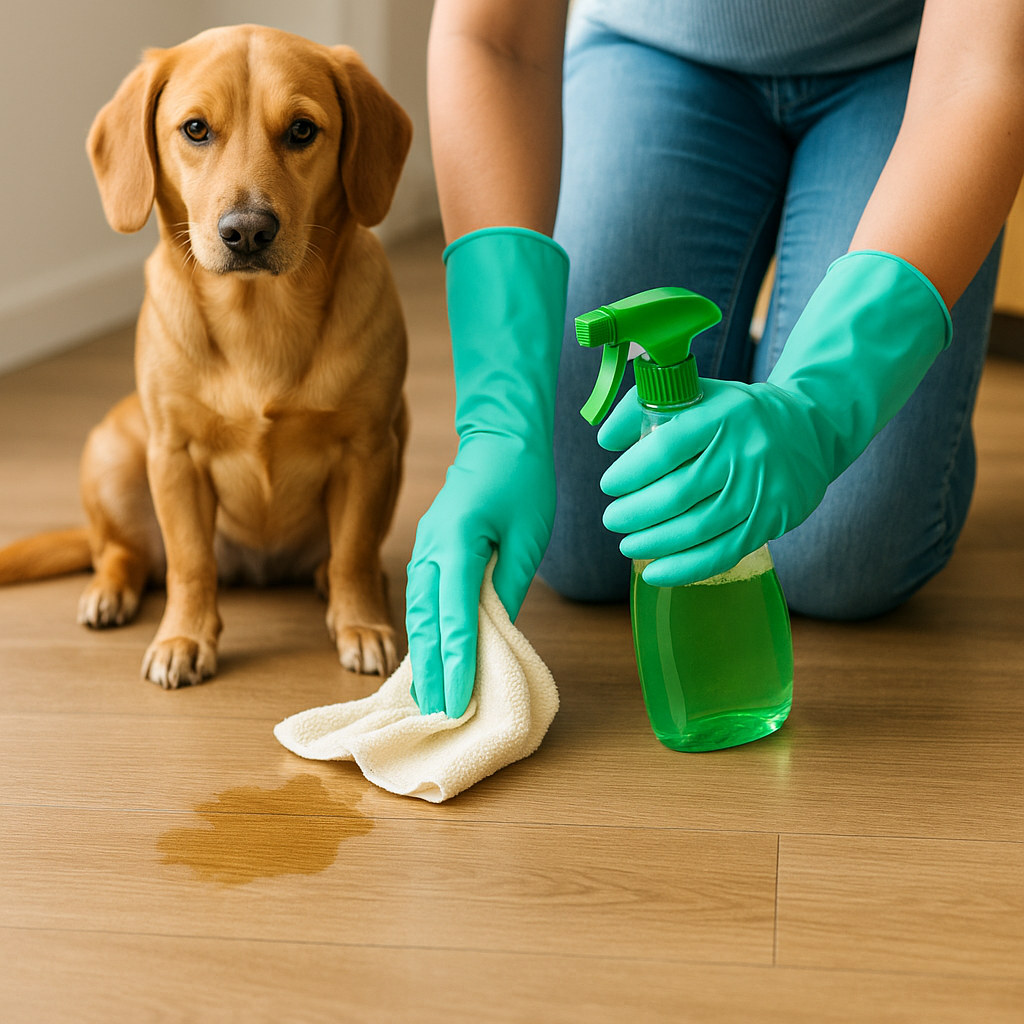
Leave a Reply